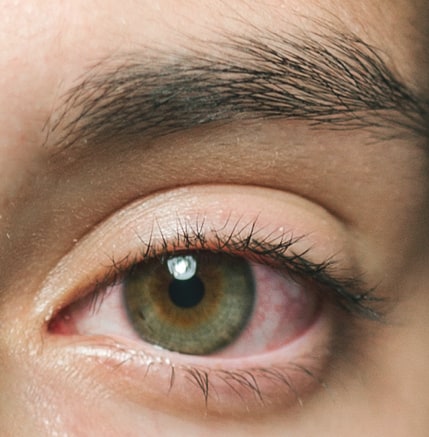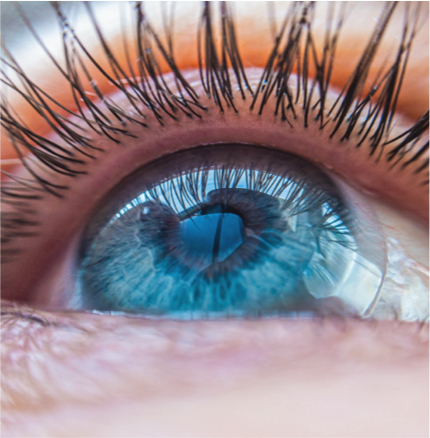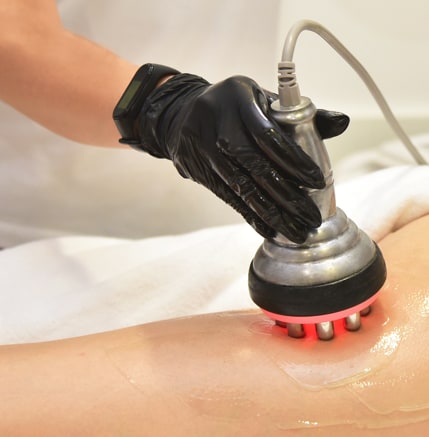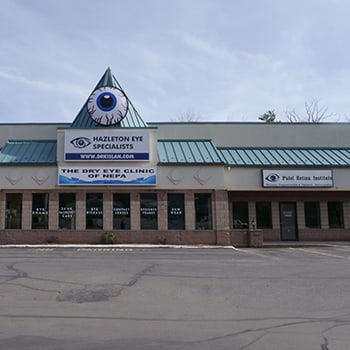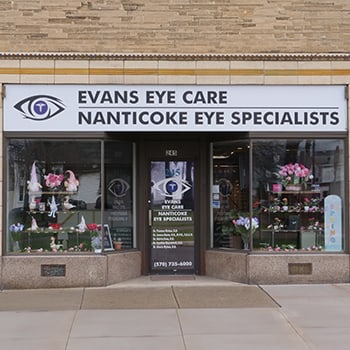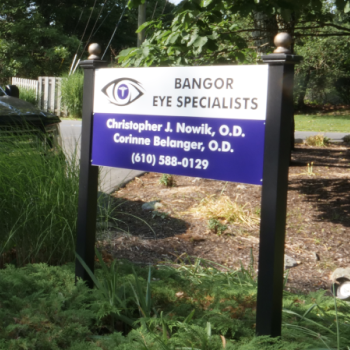Eye care is complicated, and there’s lots to know—and more to understand. One thing that trips people up is the different kinds of surgeries and procedures that are available as treatments. For instance, what’s the difference between LASIK and cataract surgery?
Though both LASIK and cataract surgery are intended to fix vision problems with the eye, the two procedures are targeted at fairly different underlying conditions. Cataract surgery involves removing—and replacing—a clouded lens in the eye, while LASIK reshapes the cornea (the part of the eye that refracts light) in order to treat conditions like near- or far-sightedness.
Cataract Surgery
What Are Cataracts?
Cataracts are cloudy regions in the crystalline lens of the eye. Cataracts tend to appear as we age, and result in increasingly blurry or hazy vision. At first, this decrease in vision might only mean difficulty reading or poorer night vision, but left untreated cataracts eventually may lead to vision loss.
Some of the symptoms of cataracts include:
- Blurry vision
- Sensitivity to light
- Faded colors
- Double vision
- Difficulty with night vision
When Do I Need Cataract Surgery?
In early stages, cataracts might not have a significant impact on a person’s vision. In such cases, prescription glasses might be enough to counteract any minor changes. However, because cataracts tend to get worse as we get older, surgery often becomes the best solution.
Eye doctors often recommend surgery for cataracts once major vision issues appear. If you wait too much longer than that, the surgery may become more complicated.
As always, make an appointment with your eye care professional to discuss the best way forward for your condition. Your eye doctor has the training to answer your questions, discuss any possible risks, and to help you decide what’s best for your circumstances.
What Does Cataract Surgery Involve?
Cataract surgery is safe, simple, and common. During the procedure, the cloudy lens of your eye is removed and replaced with a clear, artificial lens. In most cases, you can go home on the same day that you have surgery.
The surgery only takes an hour, and involves a few different steps. As part of the surgery, your doctor will:
- Place drops in your eyes so you don’t feel pain
- Use tiny tools to break up the cloudy lens and remove it
- Place a new artificial lens in your eye
- Have you rest for a while before you go home
Most people who get this surgery report better vision afterward, though it may take up to 8 weeks before your eyes are healed completely.
LASIK Surgery
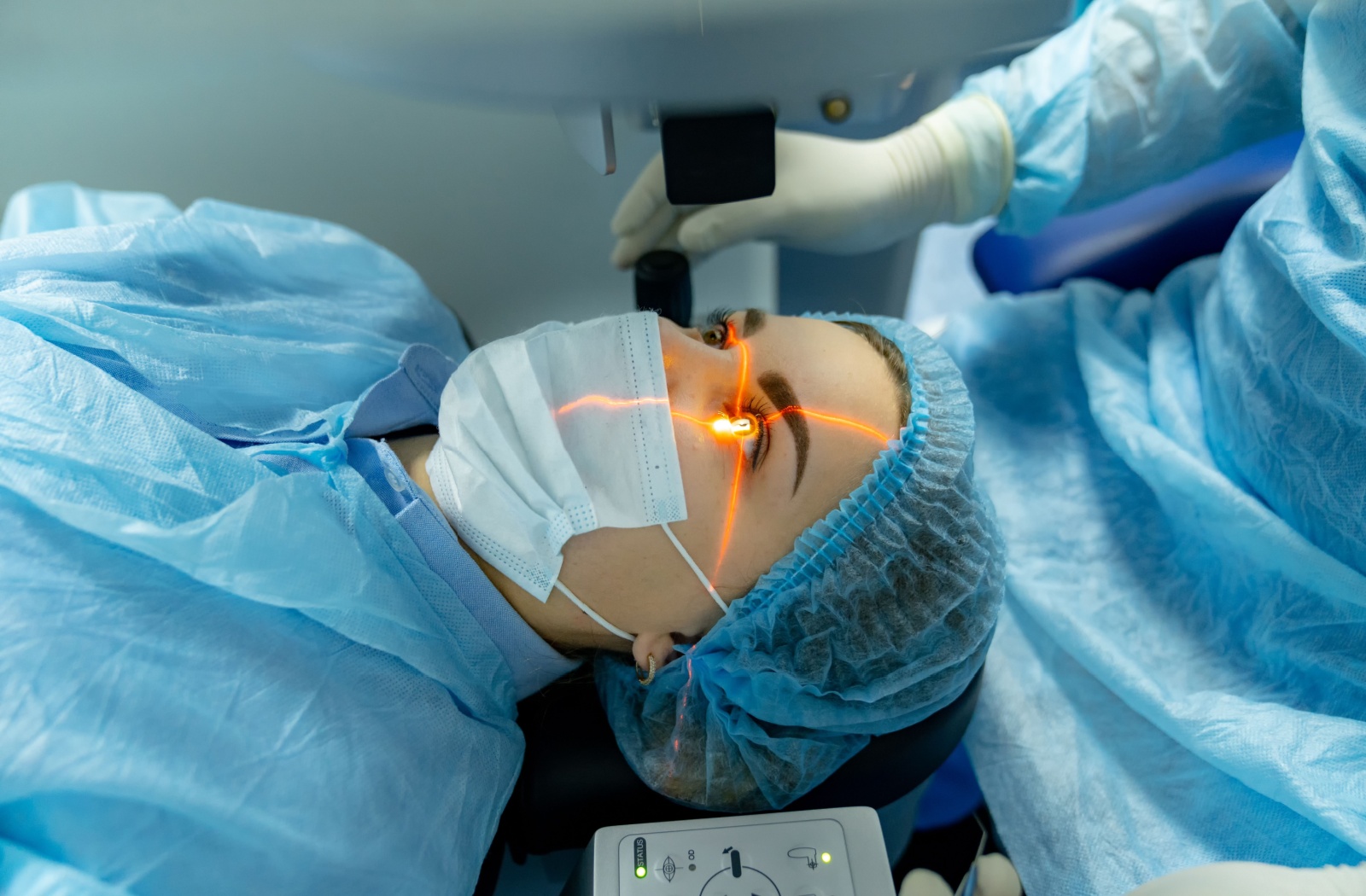
What Is LASIK?
LASIK (laser-assisted in situ keratomileusis) is a kind of refractive surgery. Refractive surgeries are surgeries designed to change the shape of the cornea—a part of the eye responsible for focusing and refracting light.
For people with normal vision, the cornea bends incoming light so that it lands on the retina, which converts this light into signals for the brain. However, for some people, the cornea doesn’t bend light correctly—this results in conditions like myopia (nearsightedness), hyperopia (farsightedness), and astigmatism.
For LASIK, your eye doctor will use pre-programmed lasers to change the shape of your cornea so that it bends incoming light correctly.
One thing to note is that certain factors like corneal thickness, dry eyes, and/or pupil size may prevent you from having laser eye surgery. Make sure to consult with your eye care professional about whether LASIK is right for you.
When Do I Need LASIK Surgery?
In general, LASIK is appropriate for those with the following conditions:
- Nearsightedness
- Farsightedness
- Astigmatism
In this sense, LASIK is an alternative to glasses or contacts—it solves roughly the same set of issues. As such, if you’re someone who finds glasses and contacts inconvenient due to your work, hobbies, or other factors, LASIK might be a suitable option for you.
If you’re interested in LASIK, your eye doctor will determine whether it’s the right choice for you—or whether there might be another way forward.
What Does LASIK Surgery Involve?
LASIK surgery involves both a preparation phase as well as the actual surgery itself.
In the preparation phase, you might be asked to stop wearing contact lenses (as contacts change your cornea’s shape). Your medical history will also be assessed for possible risks. Finally, your eye doctor will take measurements of your cornea to determine exactly how it should be reshaped.
As far as the procedure goes, LASIK surgery is quick—it’s often done in 30 minutes or less. During this process, your eye doctor will:
- Give you numbing drops and/or medicine to relax
- Use a small blade or laser to cut a flap into your eye and gain access to the cornea
- Use a pre-programmed laser to reshape the cornea
- Put the flap back into place
After the surgery, you may experience blurred vision, and your eyes might itch or otherwise feel gritty, but you should recover your vision quickly. Normally, LASIK results in good vision after a few days, but it might take up to 2-3 months until your eyes heal completely.
LASIK & Cataract Surgery
All-in-all, the differences between LASIK and Cataract surgery are simple. Cataract surgery fixes cloudiness in the lens of the eye by replacing the old lens with an artificial lens. On the other hand, LASIK surgery fixes different kinds of refractive error by reshaping the cornea so that it bends light in a more optimal way.
While both procedures are surgeries relating to the eye, they’re intended to help with different conditions involving different parts of the eye.
If you’re concerned about your eye health, or think that you might need surgery, book an appointment today with one of our experts at Hazleton, Stroudsburg, Pottsville & Nanticoke Eye Specialists. We’re committed to your eye care.



